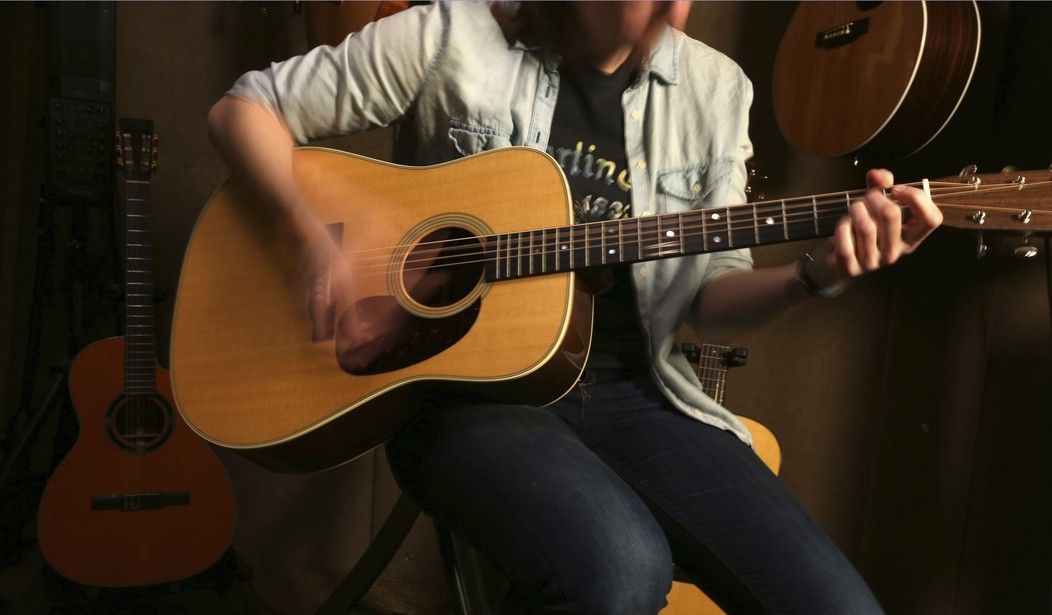At a recent press event featuring recording artists Dionne Warwick and Sam Moore as special guests, Reps. Ted Deutch (D-FL) and Darrell Issa (R-CA) introduced the American Music Fairness Act, a bill that would require radio stations to pay performers when they play their songs.
In a press release announcing their new legislation, Deutch said “paying people for their hard work is the fair thing to do.” Similarly, Issa said, “they are the true owners, and we need to protect their rights.”
Longtime readers of our columns know that promoting fair and free markets for American consumers has always been our top priority. Why, then, don’t we support this bill? Well, while “paying innovators for their work” sure makes for a good soundbite, like most things in Washington, there is more to the story.
The free market in the music industry has been broken for years. The top three record labels already control far more than a majority of the nation’s recorded music market, and one of the nation’s two antitrust enforcers, the Federal Trade Commission, found that these label behemoths are not constrained by any of the normal competitive market forces.
Many concerned members of the recording artist community argue that the labels’ unchecked market power has resulted in the record labels spending less time and money promoting the up-and-coming performers they represent. In fact, less than half of the money ever reaches the artists as the big guys manage to siphon away royalties. That’s the inherent problem with market concentration: they almost always lead to less choice and inefficiency. Unfortunately, however, the overzealous tentacles of the American Music Fairness Act will further distort the market to favor the big record labels and the most successful recording artists.
Recommended
The bill proposes mandatory, government-set fees on local radio stations, determining what performers should be paid, but it ignores the fact that many performers might consider the free advertising they receive on radio critical to the commercial success of their songs to the point that they would forego such a fee if it meant a higher likelihood of airplay. If it were not for existing laws, others might be willing to actually pay radio stations, knowing that radio exposure would equate to more sales and touring revenue. While I am certainly not advocating that we repeal the payola laws, philosophically, it is blatantly anti-free market to suggest the federal government should mandate set fees no matter what performers think and not even permit artists to negotiate the value of the airplay they seek.
That is the biggest problem with this bill – it is a covert way to enrich the labels and richest performers at the expense of the music industry’s middle class. After all, if a radio station has to pay either way, why would it take a chance on a new performer when it could instead play a proven hit maker?
As the biggest labels get bigger and the richest performers get richer, startup labels and new performers would have a harder time promoting their music and penetrating the market, which would lead to diminished consumer choice and a decline in the overall health of the music industry.
Most of Congress understands this concept. That’s why 149 bipartisan members of the House of Representatives have already signed onto Local Radio Freedom Act, a resolution that sounds opposition to new performance fees on radio airplay.
Perhaps one day, there will be enough political will to create a freer and fairer market in the music space. Until that time, however, Congress should avoid proposals like the American Music Fairness Act, which will only introduce new bureaucracy and skew us further away from a free market.
Steve Pociask is president and CEO of the American Consumer Institute, a nonprofit organization. For more information about the Institute, visit www.TheAmericanConsumer.Org or follow us on Twitter @ConsumerPal.
























Join the conversation as a VIP Member